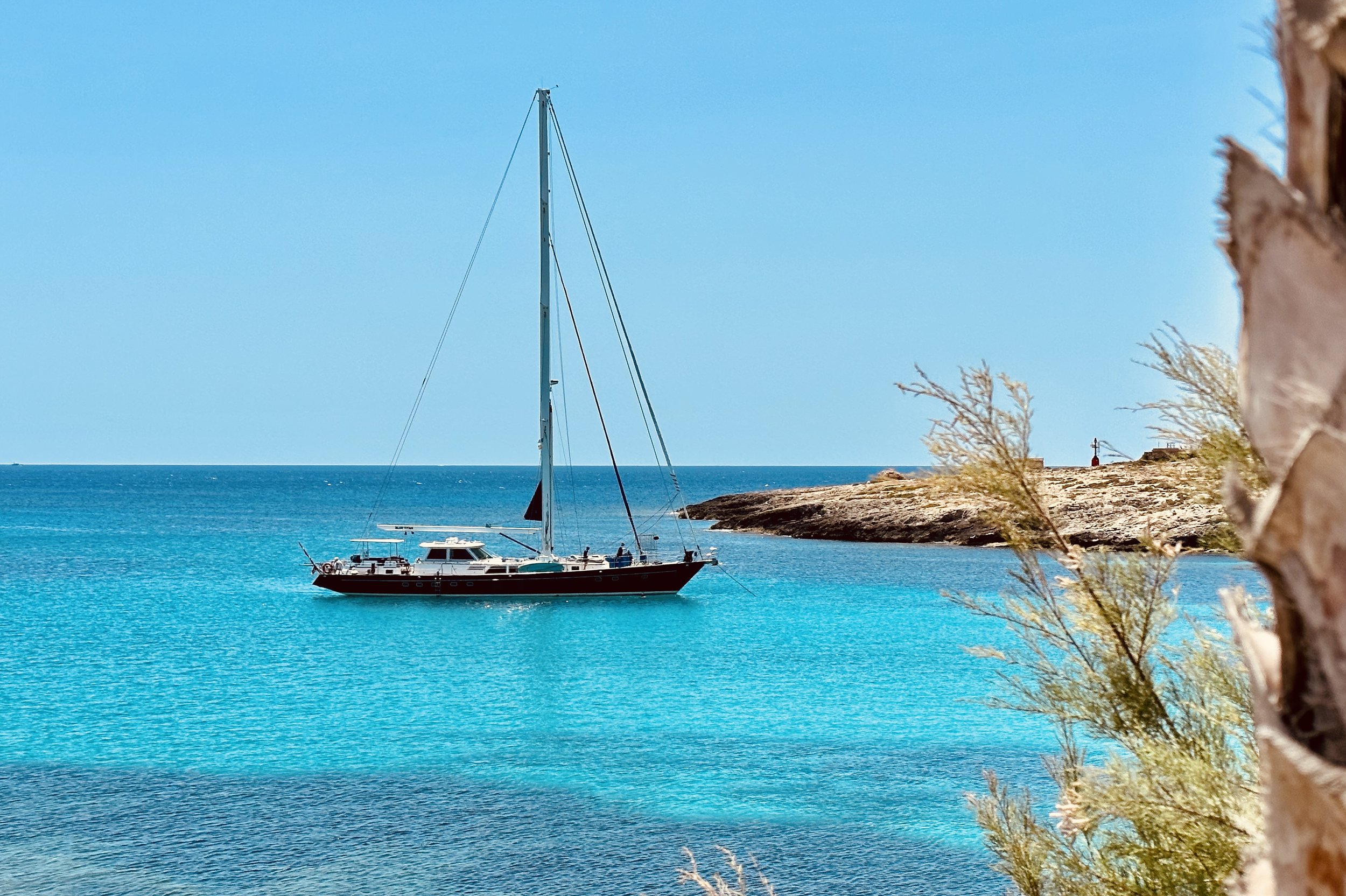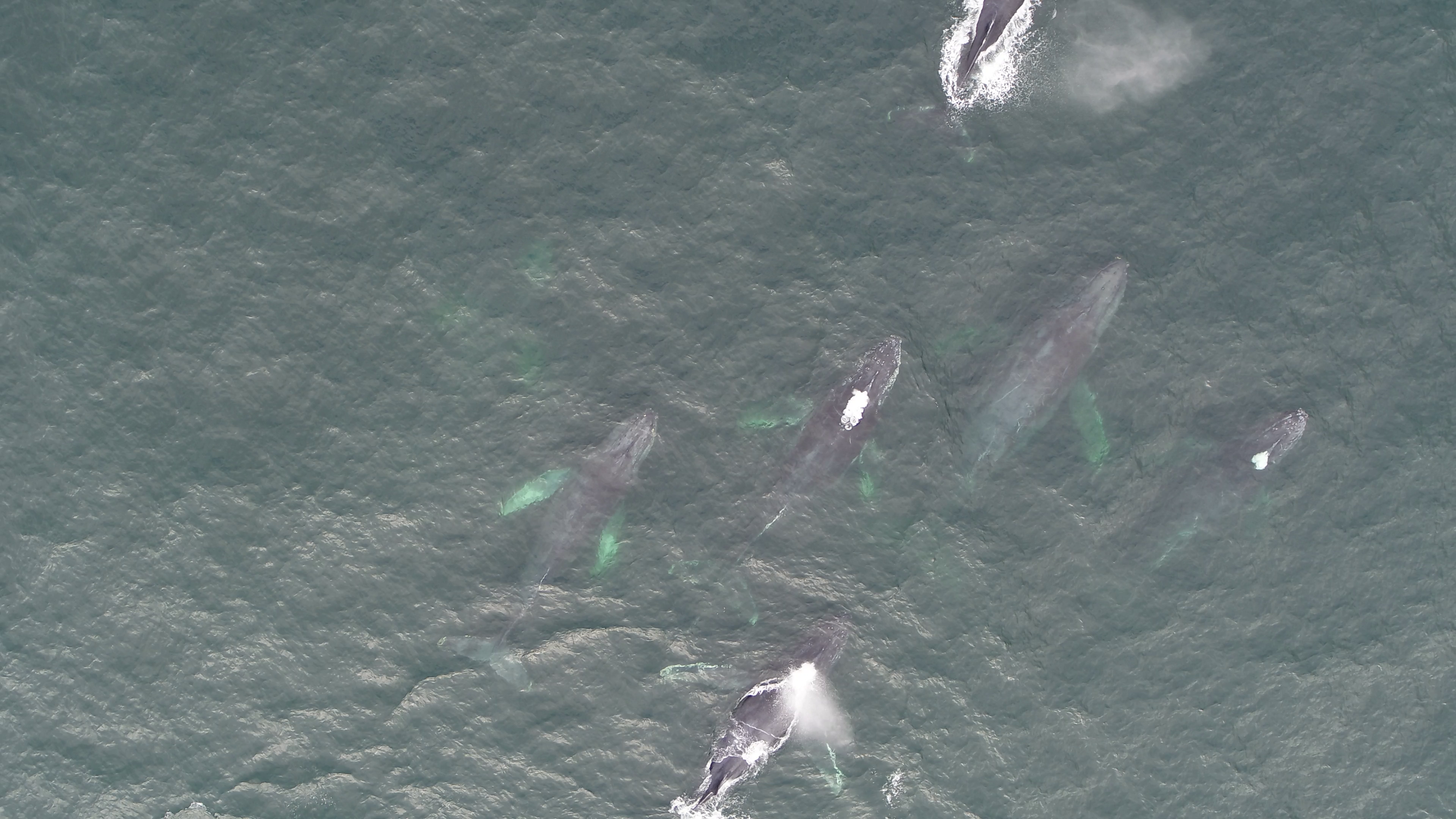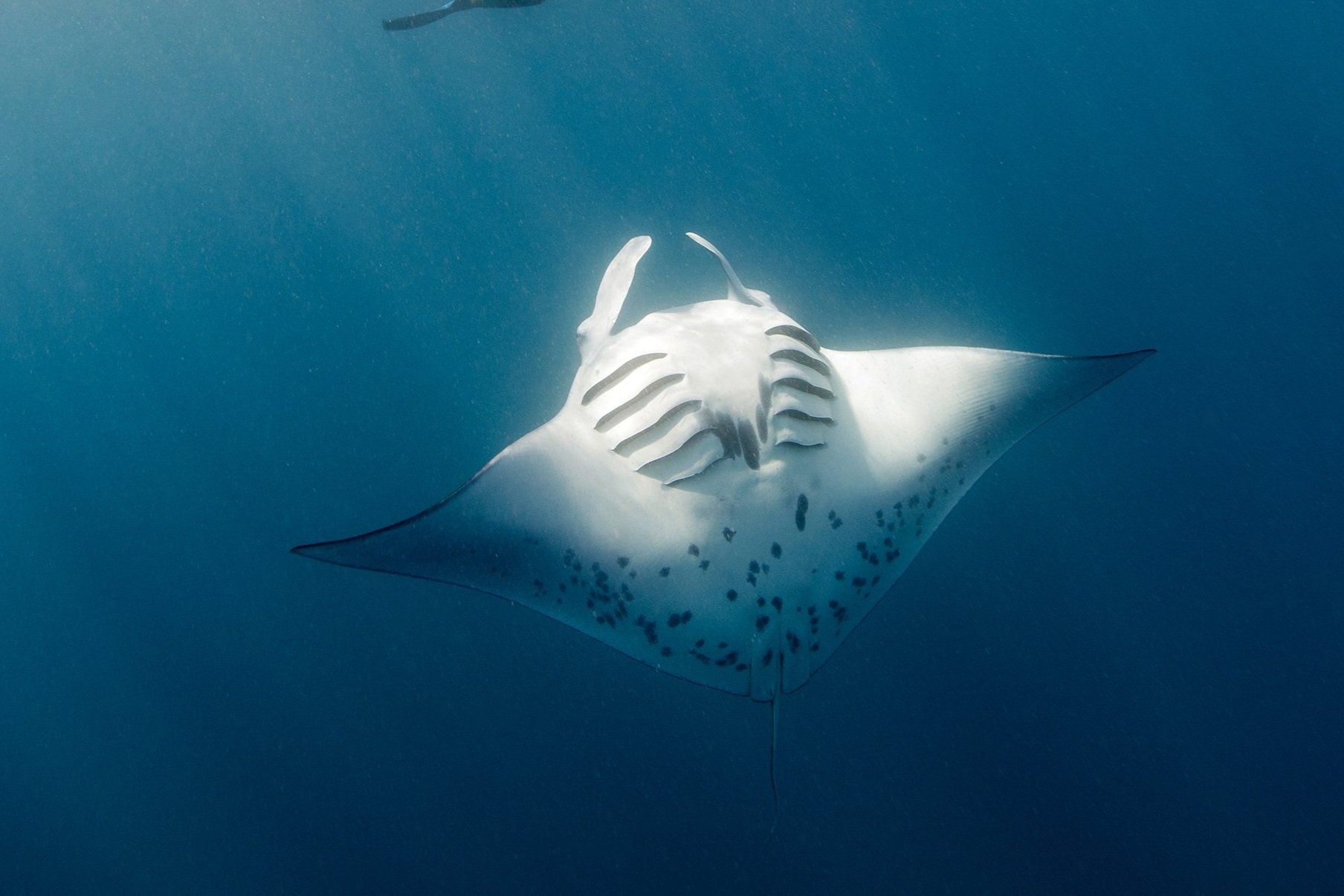
Current Projects
Discover the current projects that are looking to partner up with yachts. If you would like to offer space on board your yacht or if you have a research project to submit, please get in contact.
RESEARCHING
SPERM WHALES
Canary Islands
Defining core habitats and preferred feeding strategies amongst sperm whales in Canary Islands. Assessment of health and body conditions of the resident population of sperm whales. These whales are facing serious threats from vessel strikes in the region, and this project aims to provide essential data for conservation efforts.
MARINE MEGAFAUNA
Dominican Republic
This expedition aims to gather extensive data on sperm whales, humpback whales, and cetaceans using visual, acoustic, and eDNA methods. The survey will establish a biodiversity baseline, aiding the Ministry of Environment in developing informed conservation strategies while ensuring compliance with national regulations.
BRIDGING MARINE DATA GAPS
Barbados
This critical ocean research expedition in an understudied marine region offers your vessel and crew a chance to gather essential data, supporting Barbados’s marine protection and sustainable management. In partnership with the Barbados Government and Blue Marine Foundation, yachts can leave a lasting Caribbean legacy.
PATAGONIA AZUL
Chile
Yachts For Science, in partnership with Mission Blue and Blue Marine Foundation, launches the first science research expeditions in southern Patagonia. The mission surveys offshore ecosystems, informs marine conservation policy, and engages political leaders to support the expansion of protected areas in the region.
HAWKSBILL TURTLE PROJECT
Seychelles
This project investigates key habitat features of deeper foraging grounds used by critically endangered hawksbill turtles in the Seychelles. By providing essential data on benthic assemblages, it supports the development of conservation measures to protect vital habitats and enhance overall marine biodiversity.
SHARKMED PROJECTS
Mallorca
The Sharks and Rays Project in Cabrera Archipelago’s Marine-Terrestrial Park (PNMTAC) will study diversity, abundance, seasonality, and movement patterns using non-invasive techniques (2024-2025). Results will be shared internationally to promote management measures ensuring the long-term conservation of these species.
CORAL REEF RESILLIANCE
French Polynesia
This research aims to provide robust science to manage, protect, and restore corals in French Polynesia and beyond. Focusing on cryptic coral species, the project explores their role in coral reef resilience and adaptation, contributing essential knowledge for effective conservation strategies.
COLOUR IN CLOWNFISH
Global
The clownfish-sea anemone symbiosis, iconic in Indo-Pacific coral reefs for its color, behavior, and cinematic fame, serves as a model system in biological sciences. It supports research in evolutionary biology, behavioral ecology, climate change, reproduction, population connectivity, and conservation, among other scientific areas.
RESEARCHING
WHALES
Mexico
This project studies humpback, killer, and beaked whales in Bahia de Banderas using drones, satellite tags, and acoustic buoys. Research focuses on whale health, growth, and movement, alongside prey sampling. The work aims to understand species interactions, migration patterns, and ecosystem impacts for conservation.
SEAGRASS
PROJECT
UK
This project focuses on innovating Zostera marina seagrass planting techniques to enhance restoration success in the UK. Seagrass meadows are vital for biodiversity, carbon capture, nutrient filtration, and oxygen production. With up to 92% lost in the UK, urgent action is essential to reverse this decline.
DECODING THE
DEEP-SEA
Arctic & Antarctica
Novel deep-sea technologies are being used to preserve deep-sea genomes by collecting specimens in situ. This approach provides invaluable genetic data to illuminate the phylogenies of diverse deep-sea species, enriching understanding of ocean biodiversity and uncovering evolutionary dynamics in the world’s largest ecosystem.
ZOOPLANKTON OF
THE FALKLANDS
Saeri
Collecting data from the northwest Falkland Islands, this project explores how local oceanography influences zooplankton distribution and community dynamics. Understanding these patterns is crucial to reveal zooplankton's role in energy transfer within the food web, supporting broader ecosystem knowledge in the Falkland Islands.
MANTA TRUST
Maldives
Research in the Maldives focuses on unique manta ray populations in the Northern and Southern Atolls. Studies in Makunudhoo atoll examine reef manta aggregations and diverse marine megafauna, while expeditions to Fuvahmulah explore endangered oceanic mantas. Insights gathered support conservation efforts addressing overfishing, habitat loss, and climate change.
MANTA RAYS
Fiji
Research in Fiji focuses on conserving mobulid rays through studies in remote islands like the Lau Group, Yasawa, Kadavu, and Suva. The project aims to understand oceanic manta ray populations, first sighted in Fiji in 2018, supporting conservation through data collection, education, and collaboration across the South Pacific.
THE LOST
4TH ISLAND
Cayman Islands
Using cutting-edge technologies like photogrammetry, benthic mapping, and genetic analyses, this research uncovers benthic and pelagic biodiversity in the Cayman Islands. Coral reefs and offshore seamounts, crucial for biodiversity and species connectivity, face overfishing and climate threats. Collected data supports essential conservation efforts to protect these ecosystems.














